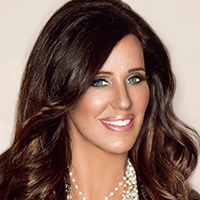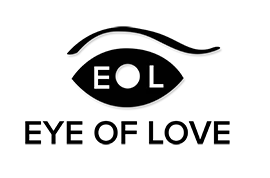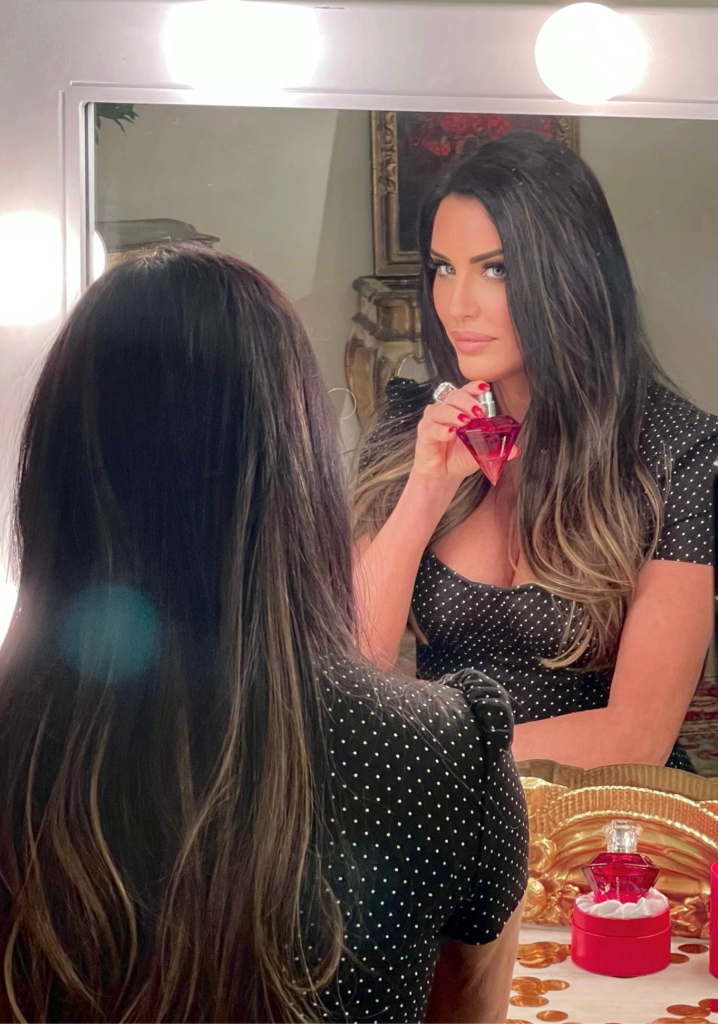 Anxiety problems are becoming more and more part of the conversation recently and I’m totally here for it. I’m seeing bloggers, celebrities and friends all come out from the shadows and share that they have anxiety issues. There’s no shame or blame in suffering from anxiety. What’s so great about more people stepping forward to talk about their problems is that more people are realizing they could be suffering from anxiety and seeking the help they need. Awareness is so important because it helps people stop suffering in silence.
Anxiety problems are becoming more and more part of the conversation recently and I’m totally here for it. I’m seeing bloggers, celebrities and friends all come out from the shadows and share that they have anxiety issues. There’s no shame or blame in suffering from anxiety. What’s so great about more people stepping forward to talk about their problems is that more people are realizing they could be suffering from anxiety and seeking the help they need. Awareness is so important because it helps people stop suffering in silence.
Just as the increasing awareness of anxiety prompts people to seek the help they need, a similar shift is crucial in the realm of substance abuse. The recognition that there’s no shame in facing addiction is a vital step towards fostering a more supportive and understanding society. In the context of addiction recovery, the importance of long term treatment cannot be overstated. By incorporating comprehensive and extended interventions, individuals navigating the complexities of addiction can find the sustained support they need to overcome challenges and achieve lasting recovery. If your boo is one of these people who has recently, or even not that recently, come out as having issues managing anxiety, here’s how you can be a helpful partner.
Talk about it
Even if you’re well versed in anxiety issues, you’re not an expert in your boo’s anxiety issues. Talk about it with them. Ask what the symptoms are and how frequently they happen. Get into specific bouts of anxiety that happened while you two were together and what your partner wishes you would have done differently. Go through their treatment or management plan and be sure you understand their goals and the methodology they’re using to achieve them. And, most importantly, let them know you want this to be an ongoing conversation. This isn’t something you talk about one time and then have all down pat. You’re going to have more questions and need reminders and they’re going to have new chapters in their anxiety journey they’re going to want to share.
Do your part
Be helpful and supportive to your boo in meaningful ways. For example, maybe you’ll always give them the evening off from kid duty the night they have therapy because you know they’ll need to unwind a bit. Or help save for a treadmill if their therapist says exercise could help manage the anxiety. Be willing to quickly leave situations that trigger their anxiety, even if you’re enjoying yourself. If invited, be open to trying new things that could help manage their anxiety like meditation, yoga or even a team sport. And, like I said above, continue the conversation. Keep talking about what you can do to help and how they’re feeling.
Explore Holistic Solutions
In addition to open communication and meaningful support, individuals navigating anxiety may find solace in exploring holistic supplements such as Organic CBD Nugs. Incorporating natural remedies into anxiety management routines can offer an alternative approach to alleviating symptoms and promoting overall well-being. CBD Nugs, renowned for their potential to induce relaxation and reduce stress, present a gentle and natural option for those seeking relief from anxiety-related challenges. By integrating these organic supplements into their regimen, individuals can complement traditional therapy and self-care practices, fostering a comprehensive approach to mental health.
Know your role
With all that being said, your role in this dynamic does have limits. You’re not their therapist or the enforcer of the strategies their therapist outlines. You need to be supportive, of course, but not more than that. They’re responsible for telling you what they need and how you can help. You don’t need to talk to their therapist or insist on them trying new anxiety relief remedies that you read about online. Their anxiety is their anxiety. And you’re their partner, not their parent. Be sure you remember that role because shifting roles could mean bad things for your relationship and for your partner’s anxiety.
You’re a good boyfriend, girlfriend, husband or wife for wanting to support your partner as well as possible during their anxiety journey. It’s a lifelong battle, but I bet it feels a lot better for your partner having you on their side.






